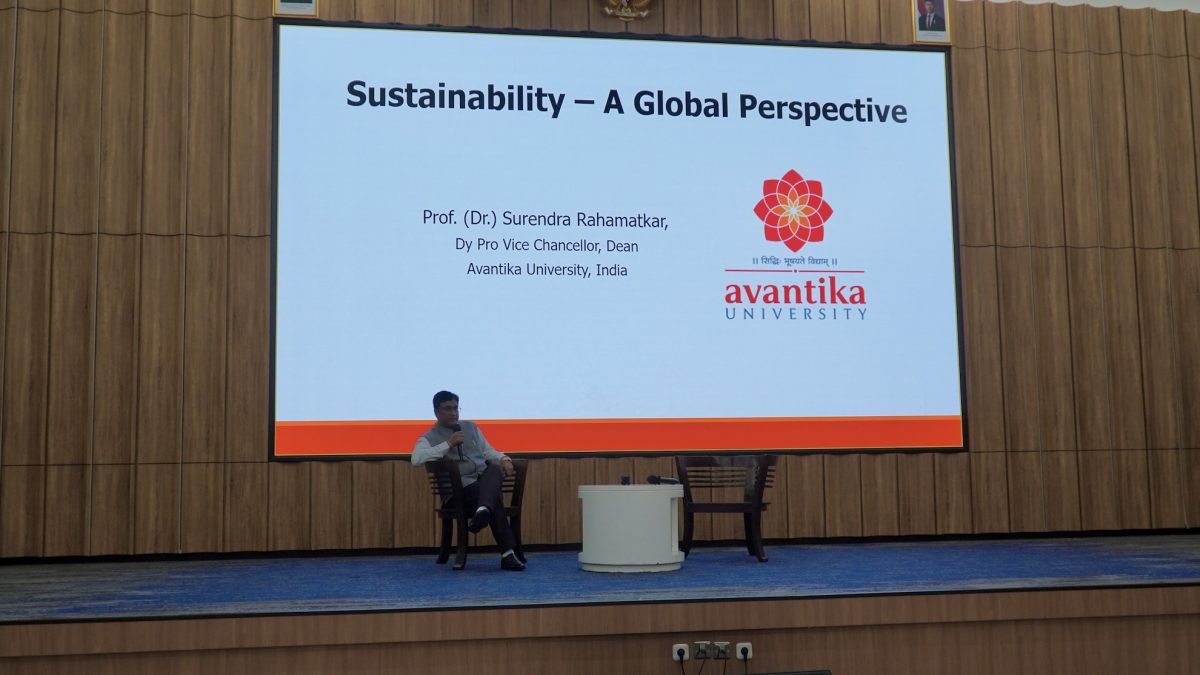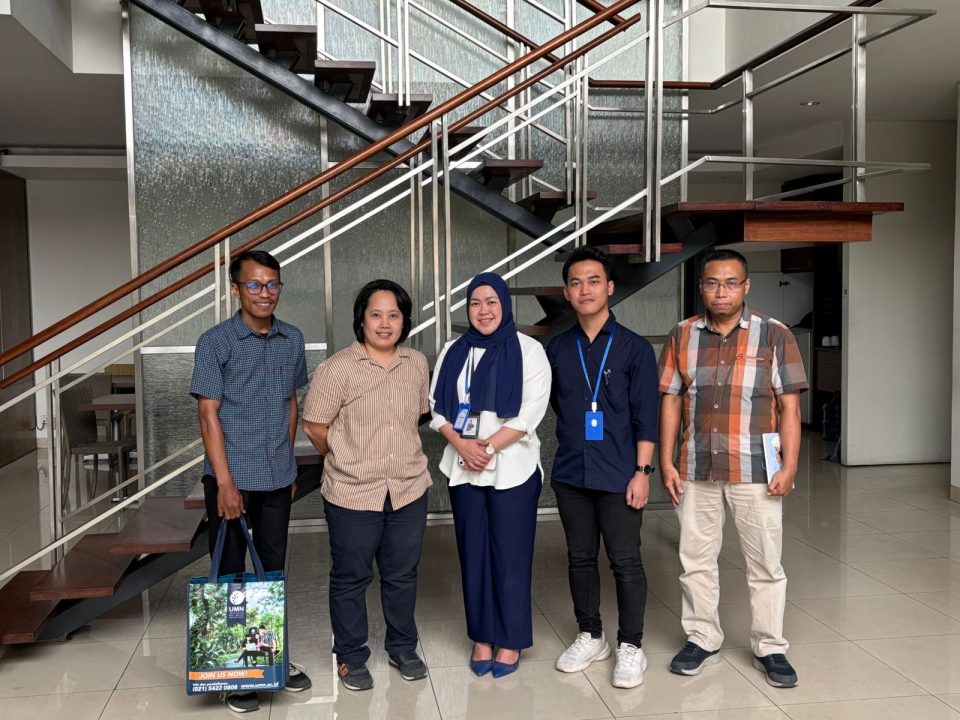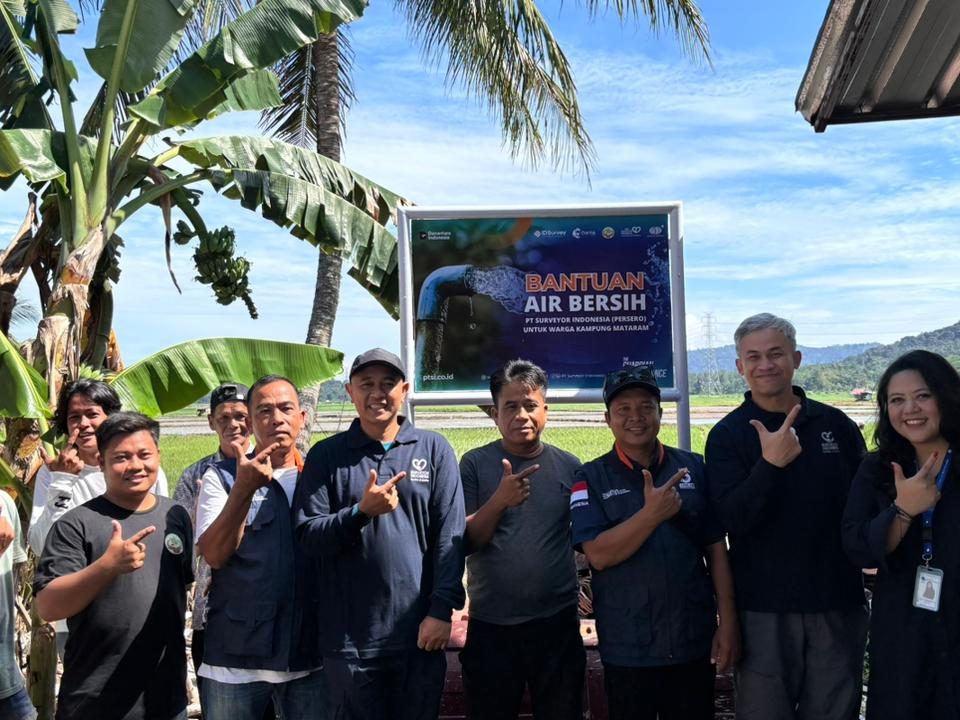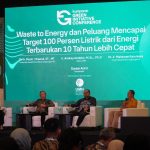
UMN Rector Shares Strategic Steps Towards a Sustainable Indonesia at Green Initiative Conference
September 26, 2025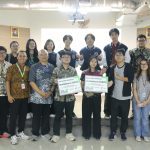
UMN Students Win EMC Business Pitching Competition, Secure Trip to Japan with Musashino University
September 29, 2025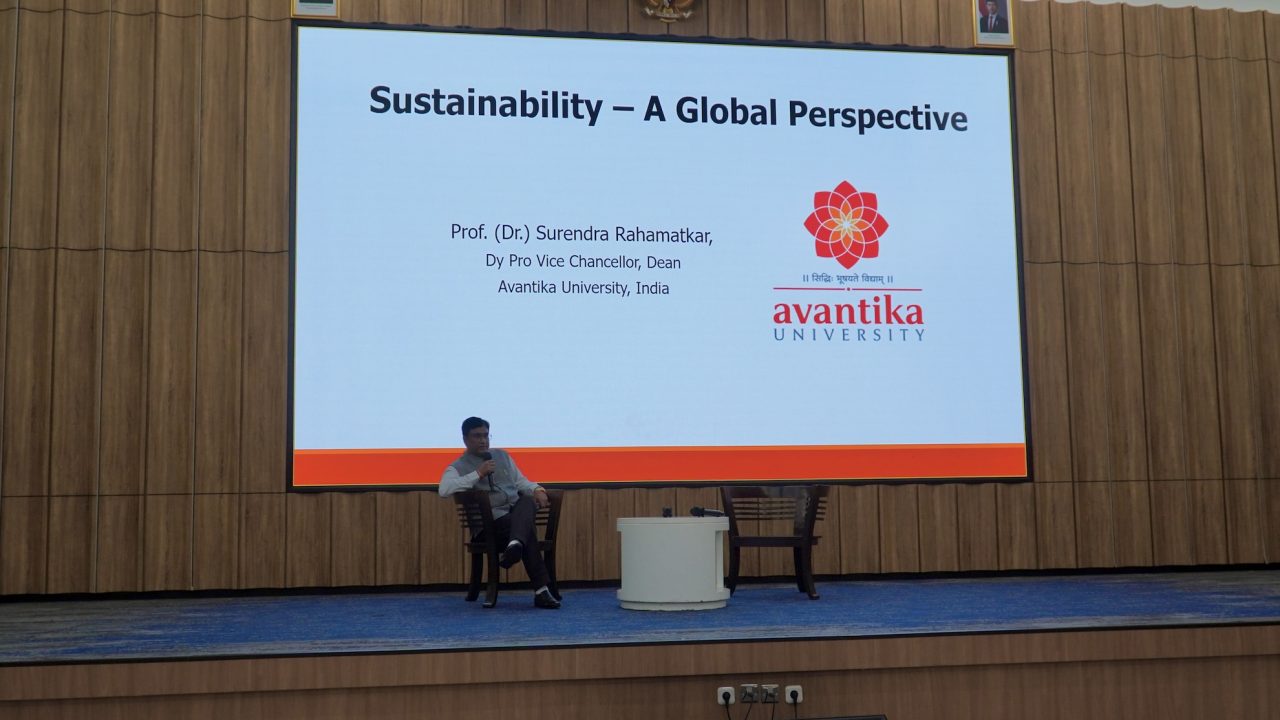
Guest lecture with Surendra held at the UMN Function Hall. (UMN Doc.)
Tangerang – On Tuesday (09/16/2025), the Faculty of Engineering and Informatics held a guest lecture with Prof. Dr. Surendra N. Rahamarkar, Deputy Pro Vice Chancellor and Dean of the School of Engineering at Avantika University, India, who is currently participating in a visiting professor program at UMN. The seminar was opened and attended by students from four faculties at UMN. Discussing the use of AI to support sustainable development.
This guest lecture with Prof. Dr. Surendra N. Rahamarkar discussed sustainability in depth and how Artificial Intelligence (AI) technology can be a tool to support the Sustainable Development Goals (SDGs) programs, which are currently an important part of the global sustainable development agenda.
“Simply put, sustainability is how we meet current needs without harming future generations. The essence of sustainable development is how we maintain and overcome the many challenges we face, ranging from demographics, resources, and the environment,” Surendra said.
Surendra also emphasized how economic factors are one of the sustainability challenges, and sustainability’s success is still measured in economic terms. For Surendra, countries that are already economically advanced will find it easier to support sustainability.
“The most important outputs of sustainable development goals are health, education, quality of life, and this is in line with gender equality, law, and human rights being fulfilled. This success is not the responsibility of one organization alone, but of all stakeholders,” Surendra added.
Furthermore, Surendra also explained how current advances in AI technology can support sustainability, starting from biodiversity, transportation, energy, and water. Surendra presented various examples of the use of AI for sustainability programs, ranging from predicting ecosystems and traffic management to serving as a tool for predicting water quality.
“AI technology can be a solution for the environment and is currently also a global strategy, making AI one of the catalysts and innovations for sustainability. This is because AI can optimize predictive models and produce optimal systems,” added Surendra.
Surendra also emphasized how AI can advance the Smart Energy System. This is because AI algorithms support it with accurate, real-time requests. Surendra also explained that by using AI, sustainability can be better controlled.
“Although AI technology can be a good solution to support sustainability, active collaboration between government stakeholders, industry, and the global community is still needed. With innovation, collaboration, and shared commitment, we can use AI for sustainability for future generations,” Surendra concluded.
By Rachel Tiffany | UMN News Service
English translation by Levina Chrestella Theodora
Kuliah di Jakarta untuk jurusan program studi Informatika| Sistem Informasi | Teknik Komputer | Teknik Elektro | Teknik Fisika | Akuntansi | Manajemen| Komunikasi Strategis | Jurnalistik | Desain Komunikasi Visual | Film dan Animasi | Arsitektur | D3 Perhotelan , di Universitas Multimedia Nusantara.

